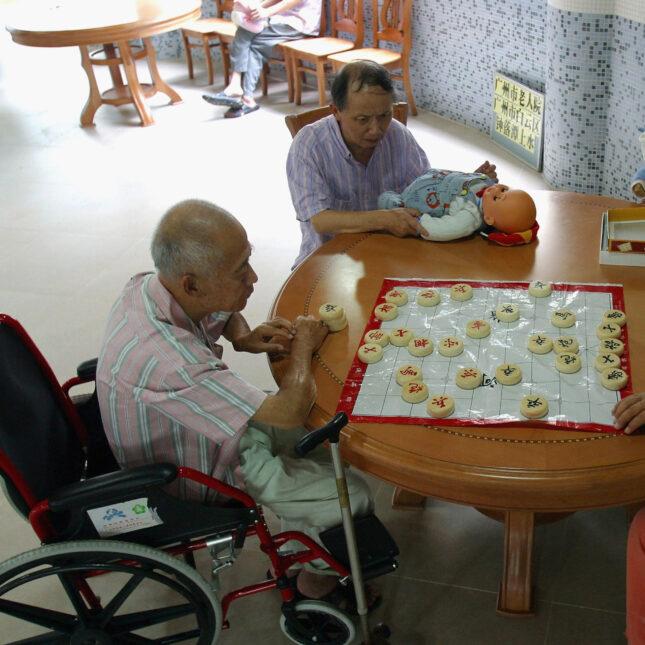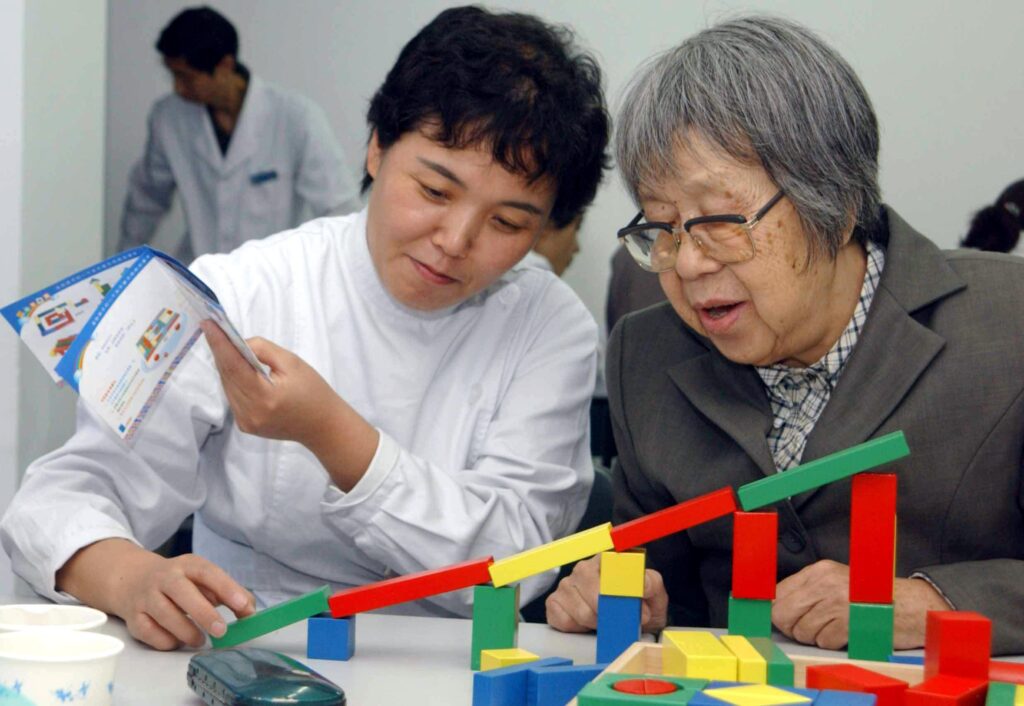As the world’s most populous nation grapples with an aging demographic, China stands at a critical crossroads in its healthcare journey. The rising tide of dementia threatens to reshape the social and economic landscape, prompting a comprehensive national strategy that seeks to address this complex challenge head-on. With millions of lives hanging in the balance, the government’s latest initiative represents more than just a medical intervention—it’s a profound acknowledgment of a silent epidemic that is quietly transforming the fabric of Chinese society. In a landmark move, the world’s most populous nation is taking decisive steps to address the escalating challenge of cognitive decline among its aging population. The comprehensive strategy unveiled by Chinese health authorities aims to combat the rising prevalence of memory-related disorders through a multifaceted approach that combines medical innovation, social support, and technological intervention.
With an estimated 10 million people currently living with dementia and projections suggesting this number could triple by 2050, the national plan represents a critical response to a looming healthcare crisis. The blueprint encompasses early detection mechanisms, enhanced medical infrastructure, and community-based support systems designed to improve quality of life for affected individuals and their families.
Medical experts have highlighted the importance of prevention, emphasizing lifestyle modifications and targeted screening programs. The strategy includes widespread public health campaigns focusing on risk reduction, promoting brain-healthy behaviors such as regular physical exercise, cognitive stimulation, and balanced nutrition.
Technological solutions play a pivotal role in the proposed framework. Advanced AI-powered diagnostic tools are being developed to enable earlier and more accurate identification of cognitive impairment. These cutting-edge technologies will integrate machine learning algorithms with comprehensive medical imaging techniques, potentially revolutionizing early intervention strategies.
The government’s approach extends beyond medical interventions, recognizing the profound social and economic implications of dementia. Specialized training programs for caregivers, improved healthcare professional education, and financial support mechanisms for families are integral components of the comprehensive plan.
Notably, the strategy also addresses urban and rural disparities in healthcare access. Telemedicine platforms will connect specialized neurological resources with remote communities, ensuring broader reach and more equitable medical support.
Research institutions are being incentivized to accelerate neurodegenerative disease studies, with significant funding allocated to explore potential treatment breakthroughs. Collaborative international research partnerships will further enhance scientific understanding and potential intervention strategies.
The economic dimensions of this challenge are not overlooked. By proactively addressing dementia, China aims to mitigate potential productivity losses and reduce the long-term healthcare burden. The holistic approach reflects a sophisticated understanding of the complex interconnections between individual health, social welfare, and national economic resilience.
As global populations continue to age, China’s comprehensive strategy offers a potential model for other nations grappling with similar demographic challenges. The multi-dimensional plan represents a forward-thinking approach to a complex healthcare issue, blending medical innovation, social support, and technological advancement.
